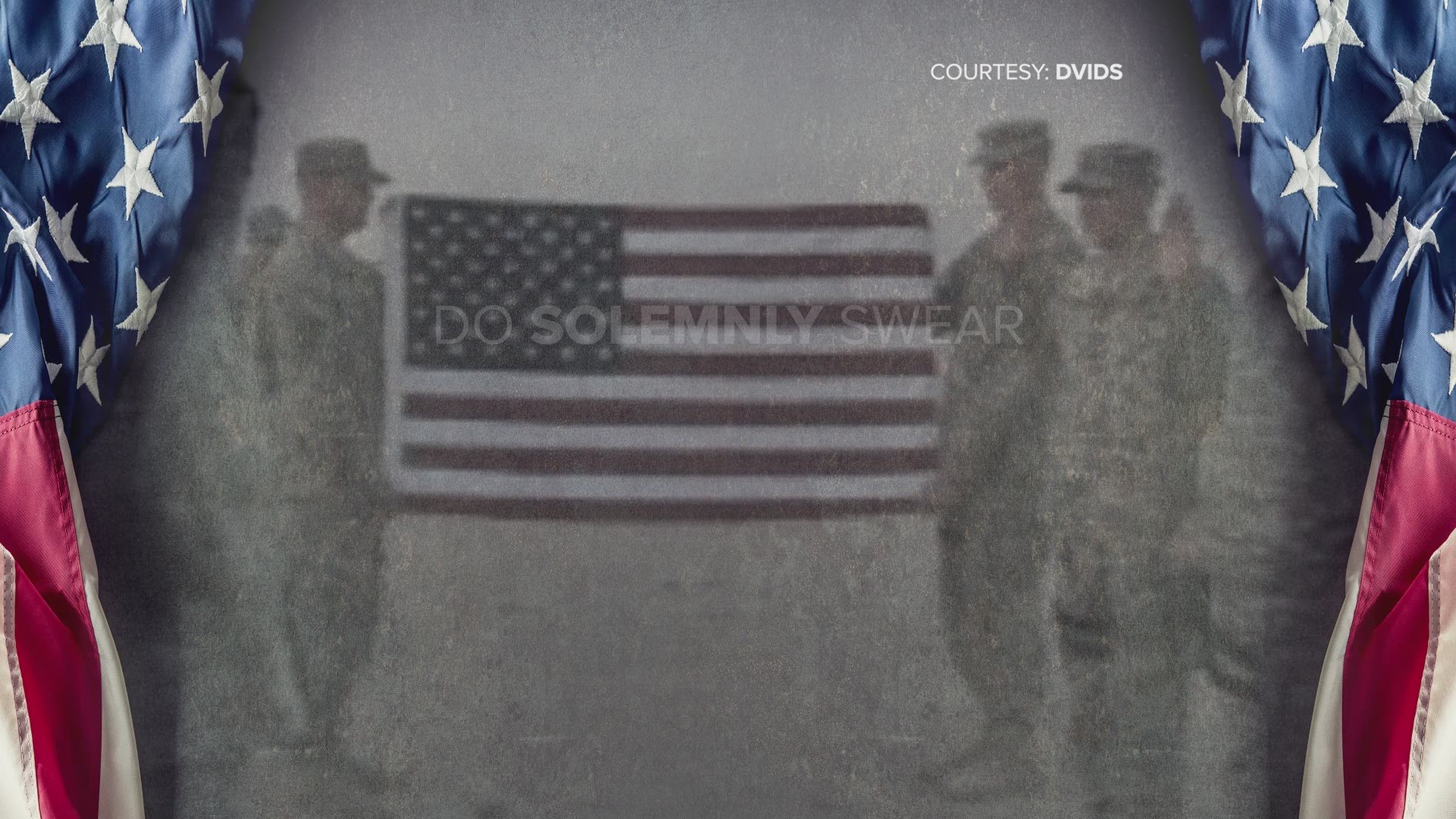WASHINGTON — From his home desk in Tennessee, Kevin Sharp watched the insurrection at the Capitol unfold with disbelief and a keen sense of what might follow. As a former federal judge, Sharp knew that not everyone involved in the events of Jan. 6 would receive the expected punishment.
Sharp left the bench in 2017 after serving six years for the U.S. District Court for the Middle District of Tennessee. He became a managing partner at a law firm in Nashville and recently helped advocate for the Trump administration to commute the sentence of a man imprisoned for drug-related charges. He covered the same district where the Capitol riot suspect known as 'zip tie guy' originally made his first court appearance.
Sharp stressed who should be prosecuted is different from what the punishment should be. He understands federal prosecutors are still tracking down other potential rioters with the help of countless videos posted on social media.
"It's hard to say who shouldn't be prosecuted --who do you leave out?" Sharp asked. "Who engaged in a conspiracy and knew what they were doing when they got there and had always intended violence? Who engaged in violence? Who destroyed property? Who caused the death of someone?"
The charges range from conspiracy and sedition to unlawful entry and vandalism. Court documents have highlighted disturbing accusations of extremism and even alleged involvement from members of the military.
As of Friday, there are 189 federal cases listed by the Justice Department related to the Capitol riot. The DC Police Department also arrested at least 68 people on Jan. 6 on local charges.
With so many people caught on camera, Sharp said there is a distinct difference between people who were outside the Capitol and those who made it inside, even though many may claim they were caught up.
"My personal thought is if you could tell who it is, you charge them," Sharp said.
Ultimately, judges assigned to each case will determine the responsibility of individual defendents and who the ring leaders were; many of these judicial decisions will link back to online activity and criminal history. However, with a continuum of punishments, what the defendant may face is individualized.
Sharp expects many prosecutions won't necessarily mean a prison sentence. He said there will likely be several convictions where probation or supervised release is the punishment, which he would consider appropriate based on evidence against that particular defendant. Sharp also anticipates restitution for damages caused by the riot as hurting the most in the long run.
"I'd rather have restitution of a billion dollars against me than $50,000 dollars because you won't get a billion out of me," Sharp said. "But with $50,000 you can."
While it's not a prison sentence, probation would still mean a felony conviction in a defendant's file, Sharp added.
"You can't have this rush to hang them high even though that's the gut reaction," he said, "because you still have to do justice."


